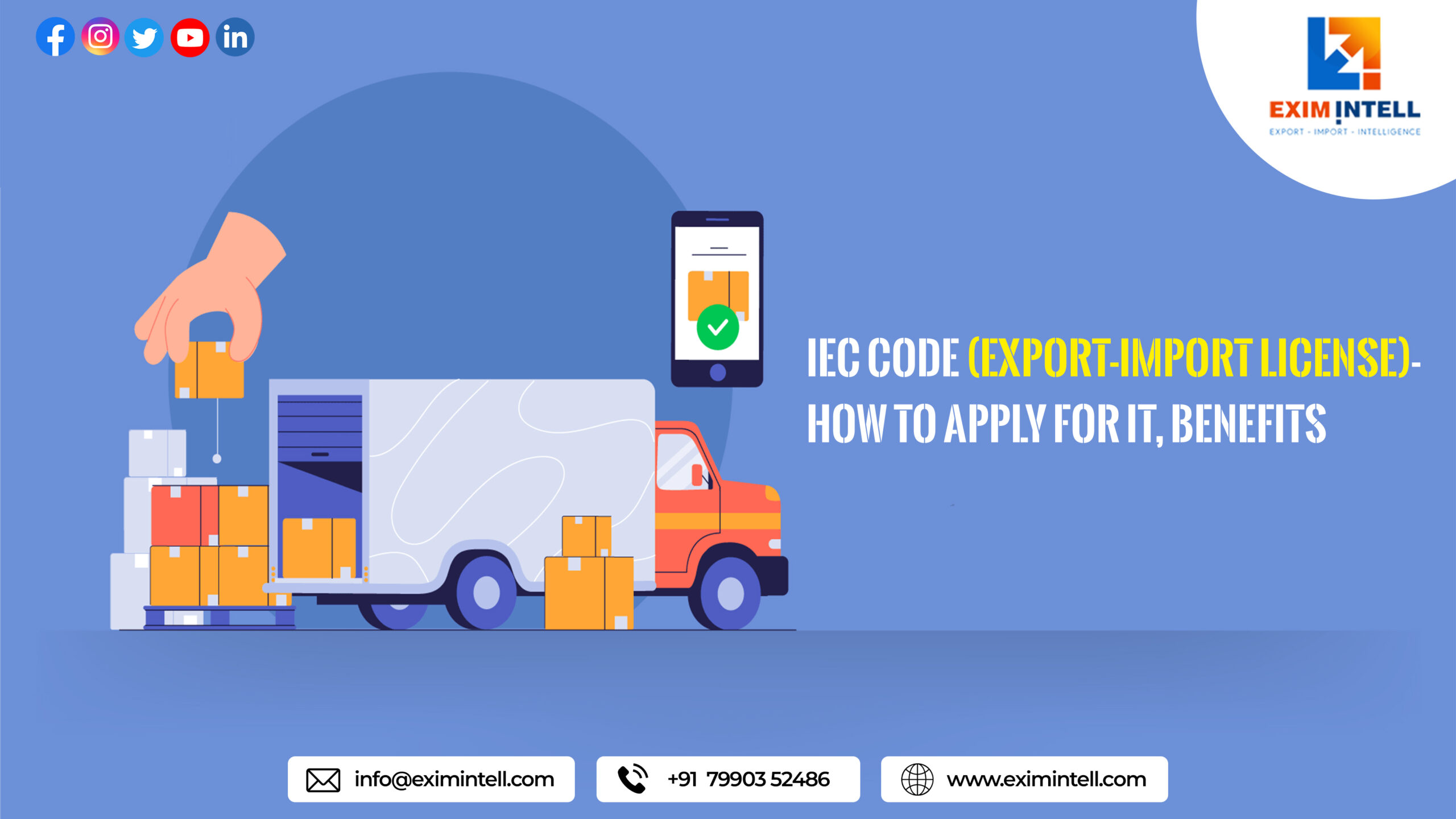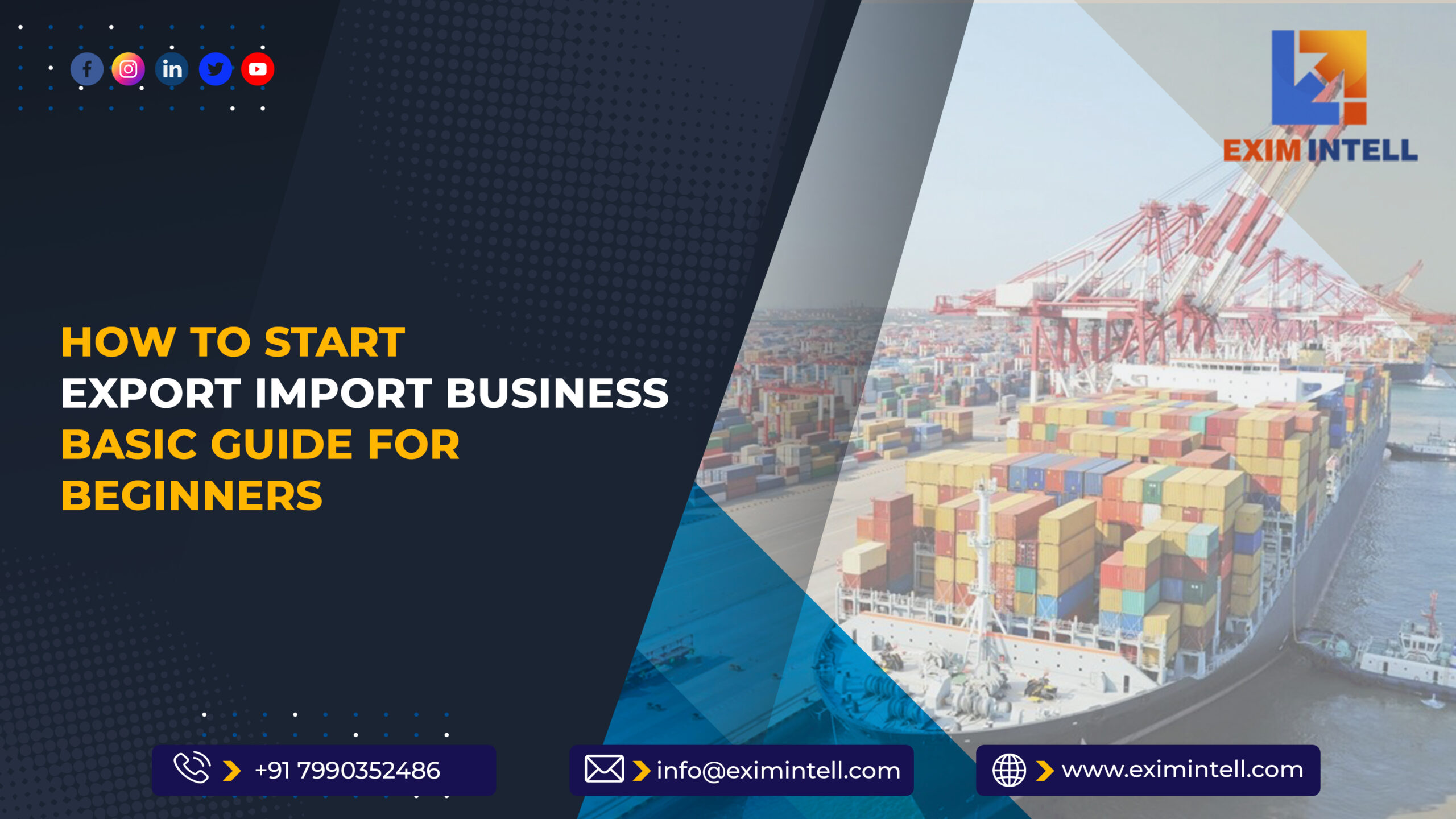Navigating the dynamic and often complex world of global trade, businesses are increasingly turning to the expertise of Import-Export Consultant. These consultants provide invaluable insights and strategic guidance, helping companies capitalize on emerging markets’ vast opportunities.
With their deep understanding of market dynamics and regulatory landscapes, Import-Export Consultant are pivotal in steering businesses towards sustainable international success.
How Import-Export Consultant can facilitate market entry and expansion.
Import-Export Consultant play a crucial role in bridging the gap between businesses and the complex dynamics of international trade, often leveraging government schemes to facilitate market entry and expansion.
These consultants offer a range of services, starting with market analysis and selection, where they use their expertise to identify the most lucrative markets for a client’s products or services. This can include leveraging government-led initiatives and export promotion schemes designed to support businesses in exploring and establishing their presence in new markets.
Consultant also assist in navigating the labyrinth of trade regulations, tariffs, and compliance requirements. This is particularly valuable in contexts where governments offer specific incentives or have agreements that might benefit certain industries or products.
For example, under schemes like the Export Promotion Capital Goods (EPCG) scheme in India, consultants can guide firms in understanding and utilizing concessions offered for the import of capital goods for export production.
Beyond strategic planning, these consultants often provide practical support in logistics management, including advice on efficient supply chain solutions, documentation processes, and adherence to international standards.
Their deep understanding of customs clearance procedures, combined with knowledge of government provisions like duty drawback schemes or tax exemptions, helps businesses optimize costs and streamline operations.
Moreover, Import-Export Consultants are adept at identifying potential risks and devising mitigation strategies. They keep abreast of changes in international trade policies, including those related to government treaties and environmental regulations, ensuring that businesses remain compliant and competitive.
By aligning business strategies with governmental support measures and market-specific tactics, these consultants play a pivotal role in empowering businesses to expand their global footprint effectively and sustainably.
Overview of current emerging markets gaining traction in global trade.
Identifying emerging markets, regions experiencing rapid industrialization and economic growth, presents significant opportunities for businesses looking to expand globally. Defining an emerging market typically involves several criteria: a fast-growing economy, increasing integration into the global market, and a government working towards modernizing the country’s economic structure.
These markets are often characterized by a young and growing population, increasing consumer demand, and ongoing infrastructural improvements. However, they also come with challenges like volatile economies, political instability, and less transparent legal systems.
Currently, several markets are rising to prominence in the global trade arena. In Asia, countries like Vietnam, Indonesia, and the Philippines are drawing attention with their robust economic growth, burgeoning middle classes, and progressive integration into the global economy. Latin America’s notable examples include Mexico and Brazil, where industrial growth and consumer markets are expanding rapidly.
In Africa, nations like Kenya and Nigeria are standing out, thanks to their strategic geographic positions, resource-rich landscapes, and burgeoning tech-driven sectors. These countries are actively seeking foreign investment and offering incentives to attract international businesses, making them lucrative options for exporters and importers.
Understanding these emerging markets’ unique dynamics, from consumer behavior to regulatory landscapes, is crucial for businesses aiming to tap into these rich veins of global trade.
Analyzing economic, political, and social factors influencing emerging markets.
Understanding the dynamics of emerging markets is pivotal for Import-Export Consultant aiming to provide comprehensive guidance to their clients. These markets are influenced by a complex interplay of economic, political, and social factors.
Economically, indicators such as GDP growth rates, inflation levels, and purchasing power parity offer insights into a market’s financial health and consumer spending ability. Politically, the stability of a government, its foreign trade policies, and regulatory environment can significantly impact the ease of doing business in these regions.
Social factors, including demographic trends, cultural nuances, and consumer preferences, play a critical role in shaping market demands and determining the success of imported goods.
Another vital aspect is the technological advancement and infrastructure development within the market, which can influence logistics and distribution channels. Consultants need to examine these elements to assess market accessibility and potential supply chain challenges.
Additionally, understanding legal and ethical considerations, such as adherence to local laws and international trade regulations, ensures compliant and sustainable business practices.
Market potential in emerging markets is often gauged through key indicators like market size and segmentation, rate of urbanization, and consumer spending patterns. Growth potential can also be measured by looking at the increasing rate of digital penetration and mobile usage, which opens new avenues for digital marketing and e-commerce.
Analyzing these comprehensive factors equips Import-Export Consultant with the necessary insights to identify not only the current opportunities but also forecast future trends and prepare strategic recommendations for businesses looking to venture into these dynamic, yet potentially rewarding, markets.
Overview of common legal and regulatory challenges.
Navigating the complex web of legal and regulatory frameworks is a critical aspect of international trade, often presenting a significant challenge for businesses expanding into new markets. Common legal and regulatory hurdles include understanding and complying with local laws, Export-Import Regulations, trade tariffs, and non-tariff barriers, as well as adhering to international standards and practices.
These regulations can differ vastly from one country to another, encompassing everything from product safety and environmental regulations to labor laws and intellectual property rights. In some cases, there may be anti-dumping laws, quotas, or specific trade embargoes that need consideration.
Import-Export Consultant offer invaluable assistance in this area by helping businesses understand and navigate these legal complexities. They provide expert advice on the necessary legal documentation, assist in obtaining certifications and licenses required for trade, and ensure that the business operations comply with both home country and foreign regulations.
For example, they might assist a company in obtaining ISO certification or ensuring compliance with the General Data Protection Regulation (GDPR) if trading in the European Union.
How Import-Export Consultant can help in compliance and regulatory issues.
Furthermore, these consultants stay updated on changes in trade policies, international agreements (like the North American Free Trade Agreement or the Comprehensive and Progressive Agreement for Trans-Pacific Partnership), and adjustments in tariffs and taxes that can impact trade. Their expertise becomes essential in managing risks associated with non-compliance, such as fines, legal disputes, or reputational damage.
By leveraging their understanding of these complex legal terrains, Import-Export Consultant help businesses to not only avoid costly legal mistakes but also to strategize their market entry and expansion in a way that is compliant, efficient, and conducive to sustained growth.
They act as navigators and interpreters, translating the legal jargon and procedural nuances into actionable business strategies, ensuring smooth, lawful, and profitable international trading endeavors.
Identifying and managing risks in emerging markets.
Risk management is an essential component of navigating emerging markets, known for their dynamic yet potentially volatile nature. Identifying and effectively managing risks is crucial to ensure the sustainability and profitability of ventures in these regions.
Risks in emerging markets can range from economic instability, political upheaval, and fluctuating currency values, to cultural misunderstandings, logistical complexities, and changes in regulatory frameworks. These risks, if not managed properly, can derail market entry strategies, disrupt supply chains, and negatively impact investments.
Import-Export Consultant play a pivotal role in developing comprehensive risk mitigation strategies for businesses venturing into these markets. They begin by conducting thorough market research and risk assessments, identifying potential challenges and red flags specific to the market in question.
This analysis includes evaluating political risks (such as changes in government policies or sanctions), economic risks (like inflation and foreign exchange volatility), socio-cultural risks, legal risks, and operational risks including supply chain disruptions.
Role of Import- Export Consultant in developing risk mitigation strategies.
Once the risks are identified, consultants work on devising tailor-made strategies to mitigate them. This might involve advising on the diversification of supply chains to avoid dependency on a single market, recommending hedging strategies to manage currency risk, or helping firms navigate complex local bureaucracies.
Additionally, they can assist businesses in setting up local partnerships and networks, which can be crucial in understanding and managing market-specific challenges.
Consultant also provide insights into suitable insurance products, like political risk insurance, which can protect against losses stemming from political instability or expropriation. By leveraging their expertise, contacts, and local knowledge, these consultants enable businesses to make informed decisions, anticipate potential challenges, and plan accordingly to minimize risk exposure.
The ultimate goal of an Import-Export Consultant in risk management is to ensure that businesses not only survive but thrive in emerging markets, turning perceived risks into opportunities for growth and expansion.
Common obstacles faced in these markets.
Challenges in emerging markets can be multifaceted and sometimes daunting for businesses looking to expand internationally. These challenges range from dealing with complex bureaucratic procedures and navigating unfamiliar legal and regulatory frameworks to understanding unique cultural nuances and managing logistical hurdles.
Political instability, economic volatility, and issues related to corruption can also pose significant risks. Additionally, businesses often grapple with establishing reliable supply chains, dealing with currency fluctuations, and understanding local consumer behavior, which can markedly differ from their home markets.
Experienced Import-Export Consultant offer practical solutions to these challenges, drawing from a wealth of knowledge and hands-on experience in these markets. They provide vital insights into local business practices, helping firms navigate the labyrinth of legal and regulatory requirements.
This includes assistance with obtaining necessary permits, understanding tax laws, and ensuring compliance with local and international trade regulations.
Practical solutions and advice from experienced Import- Export Consultant.
Culturally, consultants can guide businesses on local customs, communication styles, and negotiation tactics that are critical for building and maintaining relationships. Understanding these aspects can be crucial in winning trust and establishing a successful business presence.
On the logistical front, consultants can help in identifying reliable local partners and distributors, which is key to establishing a robust supply chain. They often advise on the best practices for logistics and inventory management, tailored to the specific challenges of the market, such as infrastructural limitations or regional disparities.
To tackle economic and political instability, consultants typically recommend strategies like diversification to mitigate risk. They might also suggest contractual safeguards and advise on political risk insurance. Currency risk can be managed through financial instruments and strategic planning.
In terms of market entry and consumer engagement, consultants offer insights into local market trends and consumer preferences, helping businesses adapt their products and marketing strategies accordingly. They can also aid in utilizing digital platforms and social media effectively to reach and engage a broader audience.
Overall, Import-Export Consultants provide a comprehensive roadmap to navigate the complexities of emerging markets, offering customized, practical solutions that leverage local insights for global success. Their role is not just to identify and manage risks but also to unlock opportunities, enabling businesses to maximize their growth potential in these challenging yet rewarding markets.
Conclusion
Import-Export Consultant play a crucial role in helping businesses understand and adapt to the diverse economic, political, and cultural landscapes of emerging markets.
Their expertise in navigating legal and regulatory frameworks, understanding market dynamics, and developing risk mitigation strategies is critical for companies venturing into new, unfamiliar territories.
Consultants offer tailored advice, from identifying the right market entry strategies to optimizing supply chain management, ensuring that businesses are not only compliant but also competitive in these markets.








